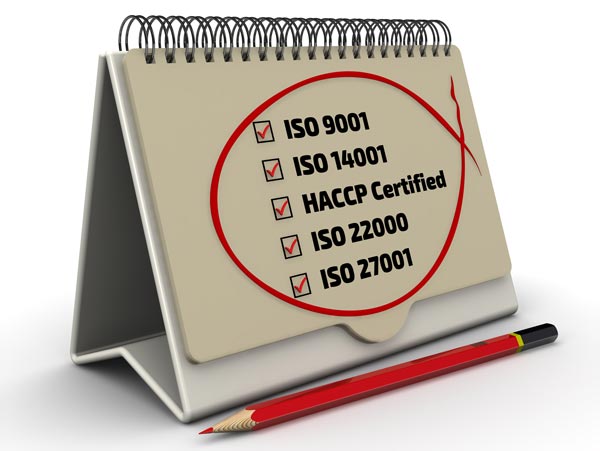Benefits of ISO Certifications for Manufacturers
Manufacturers that expect to survive in today’s competitive world will do so only by producing high-quality products that are delivered to the customer on time at the lowest possible cost. This could not be done without effective quality systems in place. For this reason, management systems like ISO 9001 are in place.
These systems give manufacturers the opportunity to say what they do and to have a systematic way of ensuring that they are doing what they say. Following the plan, do, check, act cycle, continuous improvement becomes part of the culture. The company’s own internal procedures are then followed to keep the improvement cycle going.
As a condition for doing business, many customers are expecting to see their suppliers become certified in both ISO 9001 for their quality management systems and ISO 14001 for environmental. These registrations require certification audits every three years with annual surveillance audits to be conducted by ISO-recognized auditors. This is in addition to periodic internal audits.
ISO 9001:2015 is the current revision to the quality standard that was released in September 2015. Companies that are presently certified have until Sept. 15, 2018, become certified to the new standard.
The ISO standards have evolved since their initial inception, at which time the primary emphasis was on procedures, to more of a focus on risks and opportunities to better manage them to avoid inferior product getting to the customer.
The ISO 9001:2015 revision also places a higher responsibility on top management for ensuring that effective systems are in place. Companies that are transitioning to the new revision of the standard should not wait until 2018 to start getting ready. The time between now and then should be used as a way to prepare. Many companies are extending their annual surveillance audits by a day or two in order to conduct a gap analysis. This provides the opportunity to phase in the changes.
ISO certification works best when its requirements are implemented in such a way that they are used in the day-to-day operations to drive improvement. When used in this manner, certification actually adds value to existing quality systems.
Contact us today to learn more about the certification process.


